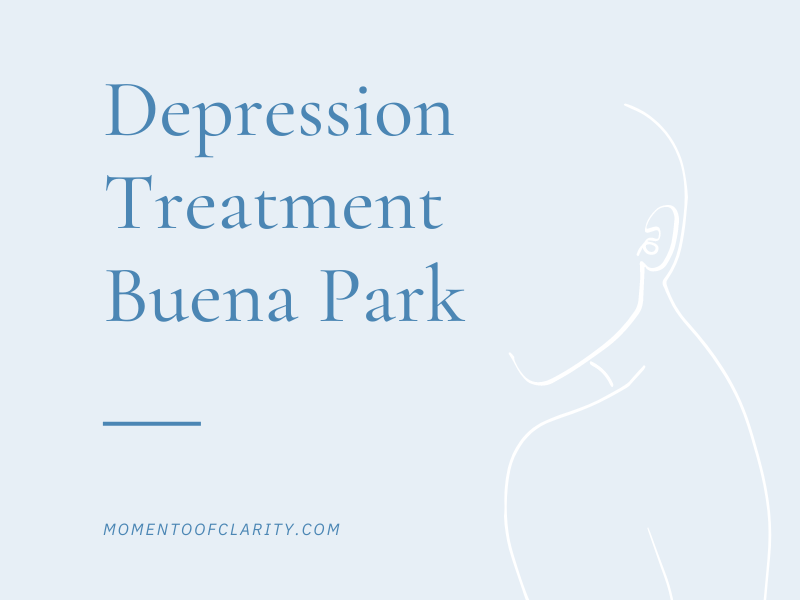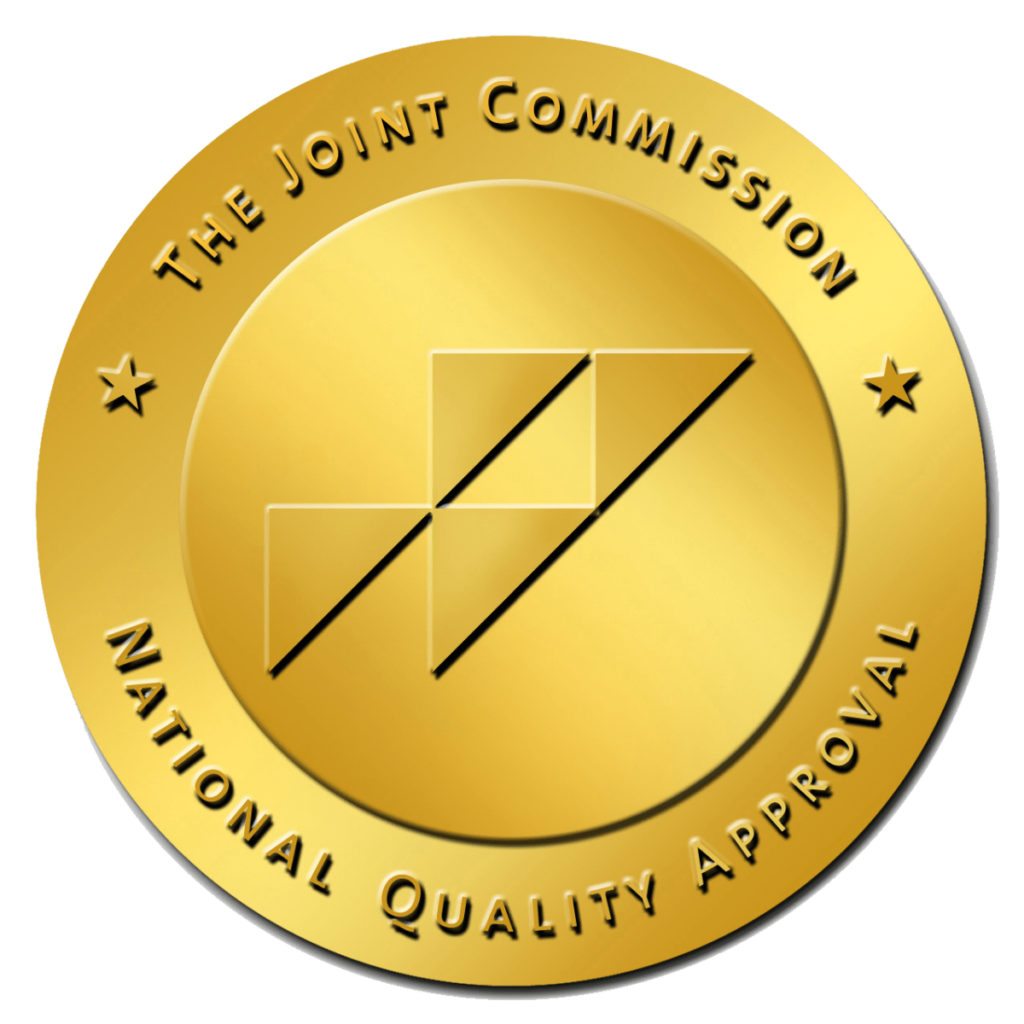
Mental Health in Buena Park
Buena Park, located in sunny California, is a vibrant city that offers various resources to support mental health and well-being. With a population of over 80,000 residents, Buena Park recognizes the importance of addressing mental health concerns and provides numerous services to meet the needs of its community.
Depression is a common mental health condition that affects individuals of all ages, genders, and backgrounds. It is characterized by persistent feelings of sadness, hopelessness, and a loss of interest in activities once enjoyed. If left untreated, depression can significantly impact daily functioning and overall quality of life.
Depression Treatment Helpline 949-997-1775
Therapy Options for Depression
When seeking depression treatment in Buena Park, therapy is often a primary approach recommended by mental health professionals. Therapy provides a safe and supportive environment for individuals to explore their feelings, thoughts, and experiences related to depression.
Common therapy options for depression include:
- Cognitive Behavioral Therapy (CBT): CBT helps individuals identify and change negative thought patterns and behaviors that contribute to depression.
- Psychodynamic Therapy: This therapy focuses on exploring past experiences and unresolved conflicts that may contribute to depression.
- Interpersonal Therapy (IPT): IPT focuses on improving interpersonal relationships and addressing social difficulties that may contribute to depression.
- Group Therapy: Group therapy provides a supportive environment where individuals can share their experiences and learn from others facing similar challenges.
Medication Insights for Depression
In some cases, medication may be prescribed alongside therapy to manage depression symptoms. It’s important to consult with a qualified healthcare professional, such as a psychiatrist or primary care physician, before starting any medication.
Commonly prescribed medications for depression include:
- Selective Serotonin Reuptake Inhibitors (SSRIs): SSRIs are a type of antidepressant that helps increase serotonin levels in the brain, improving mood and reducing symptoms of depression.
- Serotonin-Norepinephrine Reuptake Inhibitors (SNRIs): SNRIs work similarly to SSRIs but also affect norepinephrine levels in the brain.
- Tricyclic Antidepressants (TCAs): TCAs are an older class of antidepressants that can be effective but often have more side effects compared to newer medications.
- Monoamine Oxidase Inhibitors (MAOIs): MAOIs are typically prescribed when other antidepressants have been ineffective, but they require strict dietary restrictions due to potential interactions.
Self-Care Strategies for Depression
In addition to therapy and medication, self-care strategies play a crucial role in managing depression. These strategies empower individuals to take an active role in their mental health and well-being.
Here are some self-care strategies that can be beneficial for individuals with depression:
- Establish a Routine: Creating a daily routine can provide structure and stability, helping to alleviate symptoms of depression.
- Engage in Regular Exercise: Physical activity releases endorphins, which are natural mood boosters. Incorporating exercise into your routine can have a positive impact on depression symptoms.
- Prioritize Sleep: Aim for consistent and quality sleep to support overall mental and physical health.
- Nourish Your Body: Eating a balanced diet rich in fruits, vegetables, whole grains, and lean proteins can provide essential nutrients for optimal brain function.
- Practice Stress-Reduction Techniques: Engage in activities such as meditation, deep breathing exercises, or yoga to reduce stress and promote relaxation.
- Stay Connected: Maintain social connections with loved ones, friends, or support groups to combat feelings of isolation and loneliness.
Holistic Healing Approaches for Depression
While traditional therapy and medication are often effective, some individuals may seek alternative or complementary approaches for depression treatment. Holistic healing encompasses a wide range of practices that address the mind, body, and spirit.
Here are some holistic healing approaches that can be explored:
- Acupuncture: This ancient Chinese practice involves inserting thin needles into specific points on the body to restore balance and promote overall well-being.
- Meditation and Mindfulness: These practices involve focusing attention and achieving a state of calm and present moment awareness, which can help reduce symptoms of depression.
- Herbal Supplements: Certain herbs and supplements, such as St. John’s Wort and omega-3 fatty acids, have shown potential benefits in managing depression symptoms.
- Yoga and Tai Chi: These mind-body practices combine movement, breath control, and meditation to promote relaxation, reduce stress, and improve overall mental well-being.
- Art and Music Therapy: Engaging in creative activities can provide an outlet for self-expression and emotional healing.
Seeking Depression Treatment in Buena Park
If you or someone you know is struggling with depression in Buena Park, it’s essential to reach out for professional help. Mental health resources, such as therapists, psychiatrists, and support groups, are available to provide guidance and support throughout the treatment process.
Remember, everyone’s journey to healing is unique, and finding the right combination of therapies and strategies may take time. With the support of Buena Park’s mental health resources and a personalized treatment plan, individuals can work towards managing their depression and improving their overall well-being.




